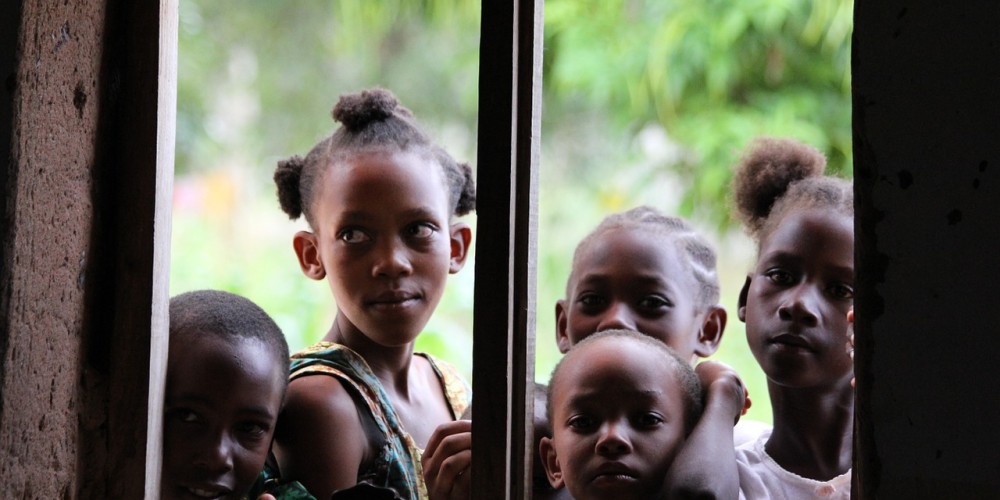We must move on from messiah leadership

Watching the aftermath of our recent general election, I was left pondering a phenomenon that appears after pretty every such event in these parts.
Those who support the presidential candidate announced as the winner inevitably embark on celebrations. That’s perfectly understandable – everyone likes to be part of a winning team, after all. But for some, the celebrations are manic and over the top. It is almost as though they themselves have assumed the top office of the land.
Equally, those who back the losing candidate often seem to fall into deep gloom. Many seem to display symptoms akin to personal mourning; some even resort to loud and violent displays of anger.
We have to ask ourselves: why is this so? In most countries elections come and go without much ado. People vote; results are announced; the results are credible and believable; the winners assume office; life goes on; not much changes for the ordinary populace. Here, though, an election is often a deep rupture, a time for inexplicable revelry on one side; and baffling despair on the other.
This is because a good number of ordinary people seem to believe that the stakes in a presidential election are very high for them personally. The newly-elected leader is thought to be able to deliver good times and fresh opportunities to his followers; and the loss of the runner-up is believed to be catastrophic for his core supporters. The fact that these key follower groups are deeply tribal adds more danger to the behaviour.
Our chequered history suggests there may be some truth to these beliefs: largesse has indeed been dished out to those regions from which presidential winners emerge; and those not in power have often faced victimization and deprivation.
A larger truth is ignored in this narrative, however, and it is this: the common citizen of the land gets very little direct benefit from the occupant of State House. Acolytes and family members and inner circles do indeed cash in, no doubt; but the average gain or loss for the average person is very small indeed. Personal struggles are mostly that – personal. We all have to build our own lives. There is very little genuine aid that is coming our way from up above.
This belief in messiah leaders wastes much time in many lives. Too many people are caught up in five-year cycles of hope and despair, waiting for promised lands that never transpire. The truth is, no one hands you a great life. Most of us have to use our wits and resources and knowledge to build up our own lives. Situations – and their solutions – are largely personal first.
This is not to say national leadership does not matter at all. Of course it does – otherwise why have it? Bad leaders can ruin; great ones can transform. Prejudiced leaders can be vicious towards ‘others’; wise ones can bring great unity through enlightened nation-building and personal example.
And yet, in a modern state, we have to recognise the limits. If we must believe in leadership, we must look away from leaders who emerge to protect narrow interests and look out for those who bring genuine compassion to the table and generate far-reaching policies and high-impact projects. The best leadership is unifying, not divisive; and it is about wide impact, not rhetoric.
The best leaders fix the most pressing problems of their people. They do this not to them, but through them. They create the capacity in the people – through education and opportunity – for them to learn self-reliance. That should be the ultimate aim: for the state to do only what only the state can do; and for the people to do the rest for themselves.
For this to happen, the leader’s greatest gift is the gift of hope, not the false gifts of goodies or favours or payback. This hope must be given to all – not to a select group. All must feel that wisdom and tolerance prevails in the land, and that widespread economic renewal may come. For this to be real, leaders must not just celebrate with the converted, but sit with the despondent: understand the roots of their despair; and unlock their prisons.
Real hope in society is the faith that your world will give you a fair chance at success.
(Sunday Nation, 20 August 2017)

Buy Sunny Bindra's new book
The X in CX
here »
Popular Posts
- Make this your year of being boringJanuary 4, 2026
- My books of the yearDecember 14, 2025
- Confessions of an explaining personDecember 7, 2025
- Here’s why you should become foolishNovember 30, 2025
- How to listen, really listenNovember 16, 2025















